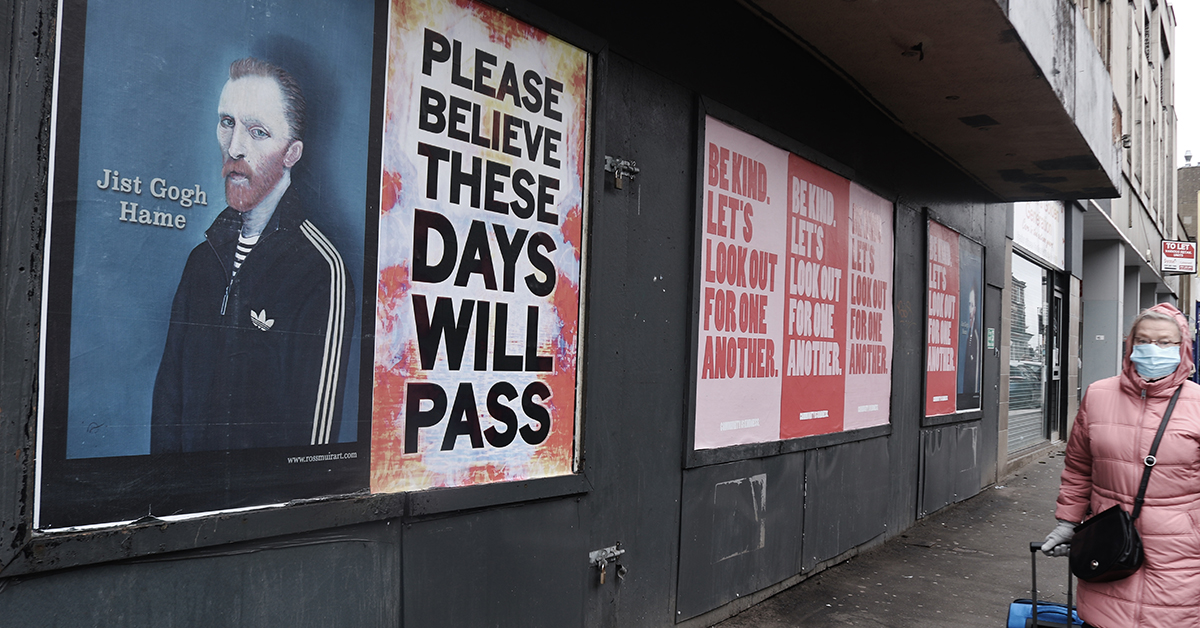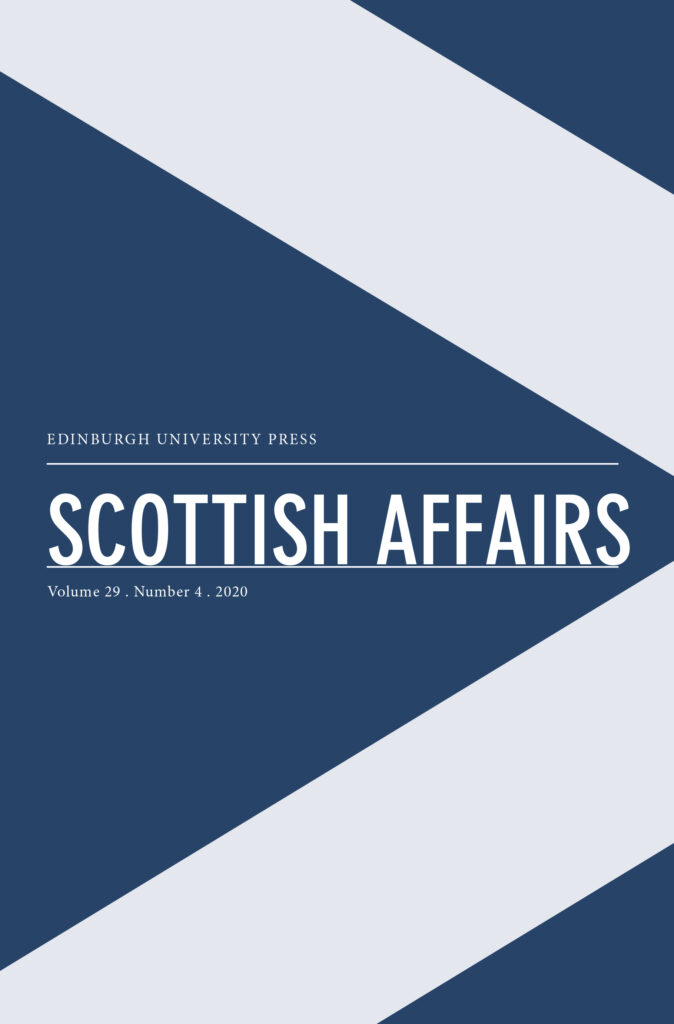
By Morag Treanor
Adverse Childhood Experiences (ACEs) are defined as stressful events in childhood argued to have devastating consequences on education, employment, health, wealth, family life, parenting and lifespan, as well as leading invariably to ACEs in the next generation (Marryat and Frank, 2019). A list of what is and what is not considered a childhood adversity can be found in this blog called ACEs – repackaging old problems in shiny new (Emperor’s) clothes. This blog, extracted from an article of the same name in Scottish Affairs, takes the argument further; that childhood adversity, or its synonym ‘vulnerability’, is being conflated with poverty in policy and political circles to the detriment of children.
From Friday 20 March 2020 at 5pm, schools across Scotland closed in an effort to tackle the spread of COVID-19. As part of its crisis response, the Scottish Government quickly put legislation in place, the Coronavirus (Scotland) Act 2020, and also multiple guidance measures to ensure children and young people, particularly those considered ‘vulnerable’, would continue to be supported and protected during lockdown and school closures.[i][ii][iii]
Under this guidance, ‘vulnerable’ children could attend critical childcare and learning provision, alongside the children of keyworkers, known as hubs.[iv] In its guidance the Scottish Government defined ‘vulnerable’ children as:
children who may benefit from continuing to attend school or early learning and childcare in the current circumstances, for example those on the child protection register, those who are looked after, and those on the edge of care; those in receipt of free school meals who cannot be provided with meals at home; those who have complex additional support needs; and those affected by poverty and deprivation
Scottish Government, 2020a
The definition of vulnerable in the Scottish Government’s guidance grouped together many conditions, such as disability, complex needs, additional support needs, child protection issues and children looked after by the state, under one umbrella. It was a broadbrush approach that missed children at high levels of particular risks, e.g. those experiencing domestic abuse, and risked causing stigma to those who were not, e.g. those whose family experienced low-income.
Additionally, the language used in the definition, for example, ‘on the edge of care’, may be familiar to policy-makers and practitioners but is unlikely to be to families. It is a phrase that is likely to cause alarm in families whose lives are often already heavily involved in the state, either through their child’s education, receipt of benefits, housing or services. This was likely to have adverse effects on families trust in hubs given their apprehension of state intervention.
This definition of vulnerable conflates poverty and adversity. It hazards including children and young people who are not at personal risk and potentially missing those who are at greatest risk of harm or neglect. A tighter definition of vulnerability would ensure that those children and young people who are at greatest risk of harm or neglect could be targeted more precisely and resources put in place to support their families more intensively.
This is all the more pressing as the Scottish Government predict that the number of vulnerable children, more narrowly defined as those at risk of harm or neglect, will rise due to the additional pressures placed on families and communities by COVID-19. Support for families and children is vital; especially those at increased risk of harm or neglect; however, it should not replace the wider structural focus on reducing and preventing poverty. A dual approach is required.
[i] SCOTTISH GOVERNMENT 2020. Coronvirus (COVID-19): school and early learning closures – guidance about key workers and vulnerable children. Edinburgh: The Scottish Government.
[ii] SCOTTISH GOVERNMENT 2020. Food Fund: Guidance to local authorities. Edinburgh: The Scottish Government.
[iii] SCOTTISH GOVERNMENT 2020. Further Guidance in relation to Key Workers [no longer available online]. Edinburgh: The Scottish Government.
[iv] SCOTTISH GOVERNMENT 2020. Coronvirus (COVID-19): school and early learning closures – guidance about key workers and vulnerable children. Edinburgh: The Scottish Government.
Scottish Affairs is Scotland’s longest running journal on contemporary political and social issues and is widely considered the leading forum for debate on Scottish current affairs. Articles provide thorough analysis and debate of Scottish politics, policy and society, and is essential reading for those who are interested in the development of Scotland. Find out how to subscribe, or recommend to your library. You can also sign up for Table of Contents alerts.






